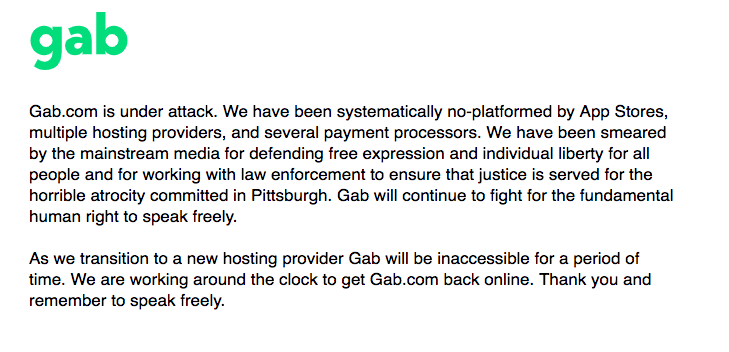Walmartwarehouse club, SamClub is preparing to open the doors at a new Dallas area store that will serve as a testbed for the latest in retail technology. Specifically, the retailer will test out new concepts like mobile checkout, an Amazon Go-like camera system for inventory management, electronic shelf labels, wayfinding technology for in-store navigation, augmented reality, and artificial intelligence-infused shopping, among other things.
The retailer first announced its plans to launch a concept store in Dallas back in June, which was then said to be a real-world test lab for technology-driven shopping experiences.
Today, the company is taking the wraps off the project and is detailing what it has planned for the new location, which goes by the name &SamClub Now.&
Like other SamClub stores, consumers will need a membership to shop at SamClub Now. But how they shop will be remarkably different.
Instead of cashiers, the store is staffed with &Member Hosts,& who will act more like concierges, the company says.
And instead of scanning items at a point-of-sale cashier stand, customers will use a specialized SamClub Now mobile app.
The app leverages SamClub existing &Scan - Go& technology, which is used today across its retail locations to help speed up checkout. With the current Scan - Go mobile app, shoppers can opt to scan items as they place them in their cart, then pay right on their phone. At SamClub Now, however, the use of mobile scan-and-pay is required, not optional.

The SamClub Now app will also be infused with other features the company wants to try out, including an integrated wayfinding and navigation system, augmented reality features, an A.I.-powered shopping list and more.
At launch the app will offer a built-in map for finding the right aisle for a given product, but over time, this mapping system will be upgraded to use beacon technology and will be tied to the customershopping list to map their best route through the store.

The shopping list will also be powered by A.I. Using a combination of machine learning and customer purchase history, the list will be pre-populated with customers& frequent purchases. Those items can be removed from the list, if not needed.
This way, customers won&t forget things they usually need to buy,the retailer says.
Meanwhile, the app will allow SamClub to test augmented reality as a way of highlighting &stories& about the products being sold and their features, as well as providing a way to find out how items are sourced. This seems more gimmicky, though, as itunlikely that customers are interested in this sort of &infotainment& when just trying to get their shopping done.
But at very least, the test store gives the retailer a chance to confirm that supposition with real world data.
The app will also allow members to place pickup orders that will be ready in just an hour, or place same-day delivery orders.

The lack of cashiers won&t be the only difference between this SamClub Now and other locations. The store will also be just a quarter of the size of an average club, at 32,000 square feet. That means it will feature, in some cases, smaller pack sizes than at the other warehouse club locations.
Because of the smaller size, it will also feature a quarter of the usual staff at 44 associates. But the goal is not to eliminate staff and replace them with technology, the retailer claims.
&Eliminating friction doesn&t mean replacing exceptional member service with a digital experience,& said John Furner, SamClub President and CEO. &We know our members expect both.&
The company says it will include a range of products like meats, fresh foods, frozen items, beer and wine and meal solutions.
More importantly, it will also include a new inventory management and tracking technology. Down the road, a system of over 700 cameras will be used to help the retailer manage the inventory and optimize the store layout.
On the shelves, italso testing electronic shelf labels that will instantly update prices, eliminating the need to print out paper signage.
These are not third-party systems, the retailer says.
&The vastmajority of technologies that we&re building here are technologies that we&ve developed in house.There may be pieces of modules of things that we&re using from third parties. Butthemajority are systems that are building on the technology that we&vedeveloped here,&saidJamie Iannone, CEO of SamsClub.com and EVP of Membership - Technology. &That allows us to iterate and movepretty quickly with it,& he noted.

By &quickly,& the retailer means things can change in a matter of weeks. The store plans to rapidly iterate on new and differentexperiences across computer vision, A.I., A.R., machine learning, and robotics.
The winners will then be rolled out to other SamClub locations across the U.S.
The retailer says Dallas was selected as a test market because itan easy trip from Walmartheadquarters in Bentonville, Arkansas, and because of Dallas& tech talent and the recruiting potential. The company today has over 100 engineers in the area, and it plans to hire more in the areas of machine learning, A.I. and computer vision.
Itworth noting, too, that SamClub Now has been set up, developed and made ready for opening in just five months.
The store will officially open to on an invite basis to local members for testing as soon as next week. The grand opening to the public is tentatively scheduled for a couple weeks out.

 15
15









